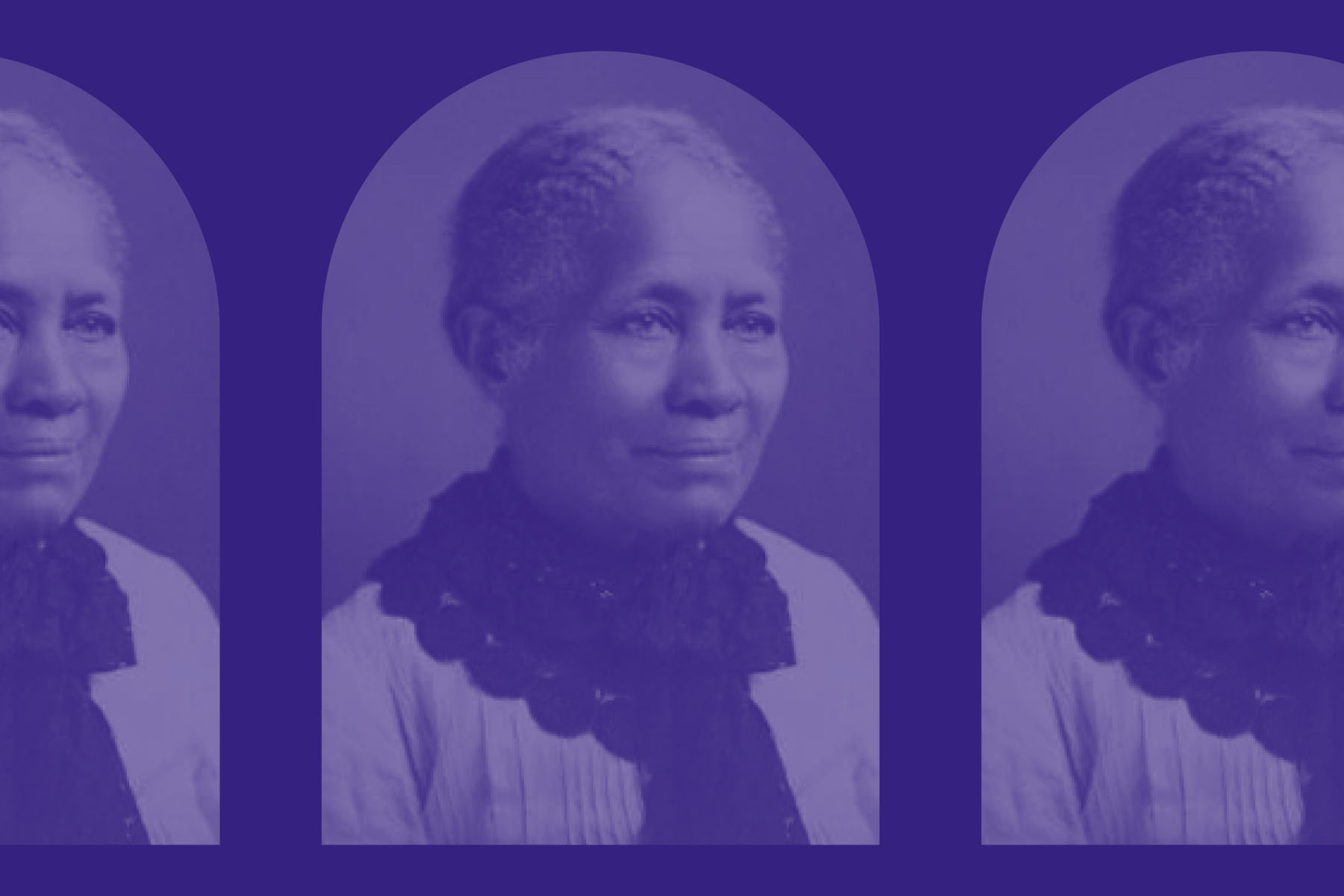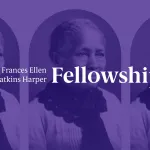This Black History Month, we’re telling the untold stories of women, women of color and LGBTQ+ people. Subscribe to our daily newsletter.
Frances Ellen Watkins Harper — considered the mother of African American journalism — died on this date 113 years ago at the age of 85. Harper’s legacy lives on through the writing she left behind and her inspiring lifelong pursuit of civil rights, justice and freedom for all.
The 19th’s HBCU fellowship program is named in her honor. This year, three of the fellows have reflected on what she means to them as part of our ongoing Black History Month coverage.
Frances Ellen Watkins Harper represents what it means to be a young woman and define yourself for yourself.
Being a woman in the 1800s and 1900s was not easy, let alone a Black woman and the disenfranchisement that came along with that. There were so many notions about how you should be and how you should live life, and Frances broke all of them. She continued to chart her own path and chose to embody all of her interests and bake them into her trajectory.
Frances represents the freedom to be multifaceted for me — the freedom to embody all that I am and use it to grow in my career and focus on how to combine my skills vs. separate them. She, for me, fits perfectly into the lens of my generation, Gen Z, and our ideology that we can have it all if we work for it. That we don’t have to separate ourselves to fit into a box but rather must expand the boundaries of life, community and career to fit all that we are.
Frances offers a perfect lesson in being resolute in your purpose and being unwavering and unbound in how you achieve your life’s mission. She was a woman that knew her truth and authentic gifts could inspire a collective change in others and leave an impact. — Eshe Ukweli, editorial fellow
Profound words were spoken in 1866 as Frances Ellen Watkins Harper sanguinely addressed the 11th National Women’s Rights Convention audience in the Big Apple: “We are all bound up together in one great bundle of humanity, and society cannot trample on the weakest and feeblest of its members without receiving the curse in its own soul.” Her legacy and words resonate with me as I am constantly reminded throughout life that we are all bound up together. Whether connected through lineage, communities, likes or dislikes, we all take up space in this place.
Now, what do we do with that space? Do we gain dominance and choose to gate-keep, not allowing others in? Do we sit in the corner downplaying how much space we possess? Do we share space even with those we initially believe could never, in any way, be bound to us? Do we allow spaces to be sacred by honoring others in it? Do we encourage others to do the same?
Frances Ellen Watkins Harper inspires me to never feel as if I don’t belong. She encourages me to make a conscious effort to show up in any space I may feel nervous, inadequate and scared in. Through her words I am reminded to stand up straight with my head high to the sky and walk into any space with grace, class, confidence and courage, because as former “Real Housewives of Atlanta” star Sheree Whitfield once said: “Who gonna check me, boo?”
But, it doesn’t just stop there, she inspires me to pull others up and out of that shadow of despair, shyness, timidness and confusion. Her work, words and down-right unapologetic fearlessness call upon me to remind others they are seen, heard and respected. Today, and every day, remember to take up space. — Racquel Bethea, product fellow
As a Frances Ellen Watkins Harper reporting fellow, Harper serves as a reminder of my why and why now for being a journalist.
I learned about Harper in my Afro-American Studies II class when reading Chapter 3: To Choose Again, Freely of Paula Giddings’ “When and Where I Enter: The Impact of Black Women on Race and Sex in America.” With the intent of outlining the critical decisions Black women made concerning their families, finances and role in feminist and racial struggles during Reconstruction, Giddings frequently mentioned Harper’s role in abolitionist and suffrage struggles. What stood out to me, though, was Harper’s journalism, as she toured the South during Reconstruction documenting the self-determination of Black women and how their labor was ‘“quite equal to the men in energy and executive ability.’”
Reflecting on this reading, I am reminded of why I chose to pursue journalism as a career. My passion is Black culture and history, and my purpose is to use journalism and storytelling as a means to accurately document efforts to progress and expose injustices committed against women and people of color.
While streaming “Lawmen: Bass Reeves” on Paramount Plus, I was introduced to Harper’s poem, “Bury Me In A Free Land,” where she details her inability to rest knowing injustice persists around her. Harper writes: “I could not rest if around my grave/I heard the steps of a trembling slave;/His shadow above my silent tomb/Would make it a place of fearful gloom.”
Reflecting on this reading, I am reminded of why it is important for me to be a journalist now. With so many women, LGBTQ+ and people of color’s human rights being under threat, I have to report with truth, fearlessness and compassion for their sake and the future of the country. — Darreonna Davis, editorial fellow





